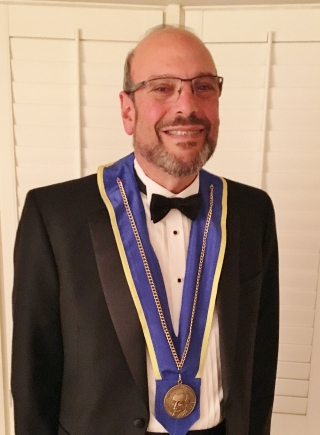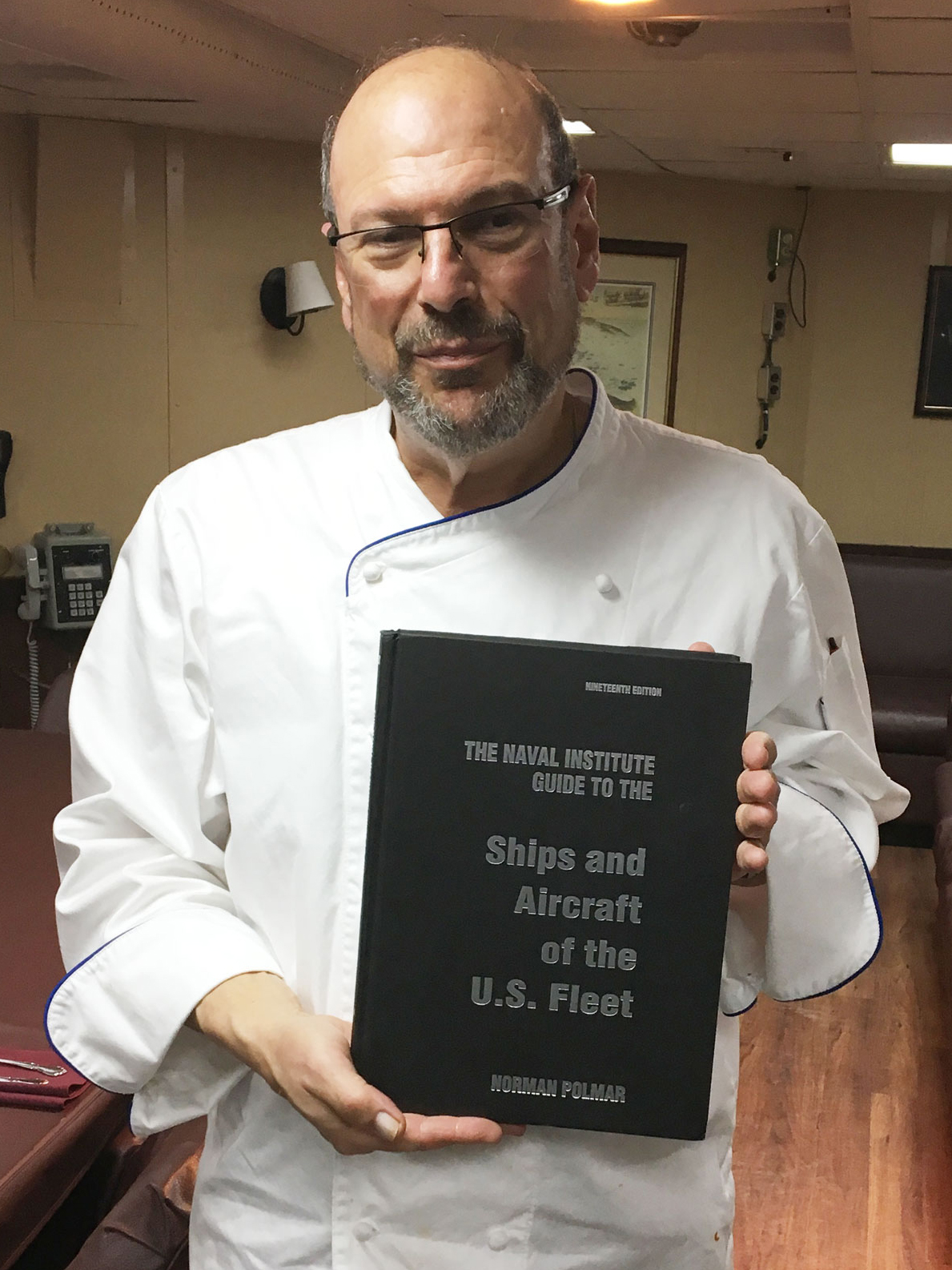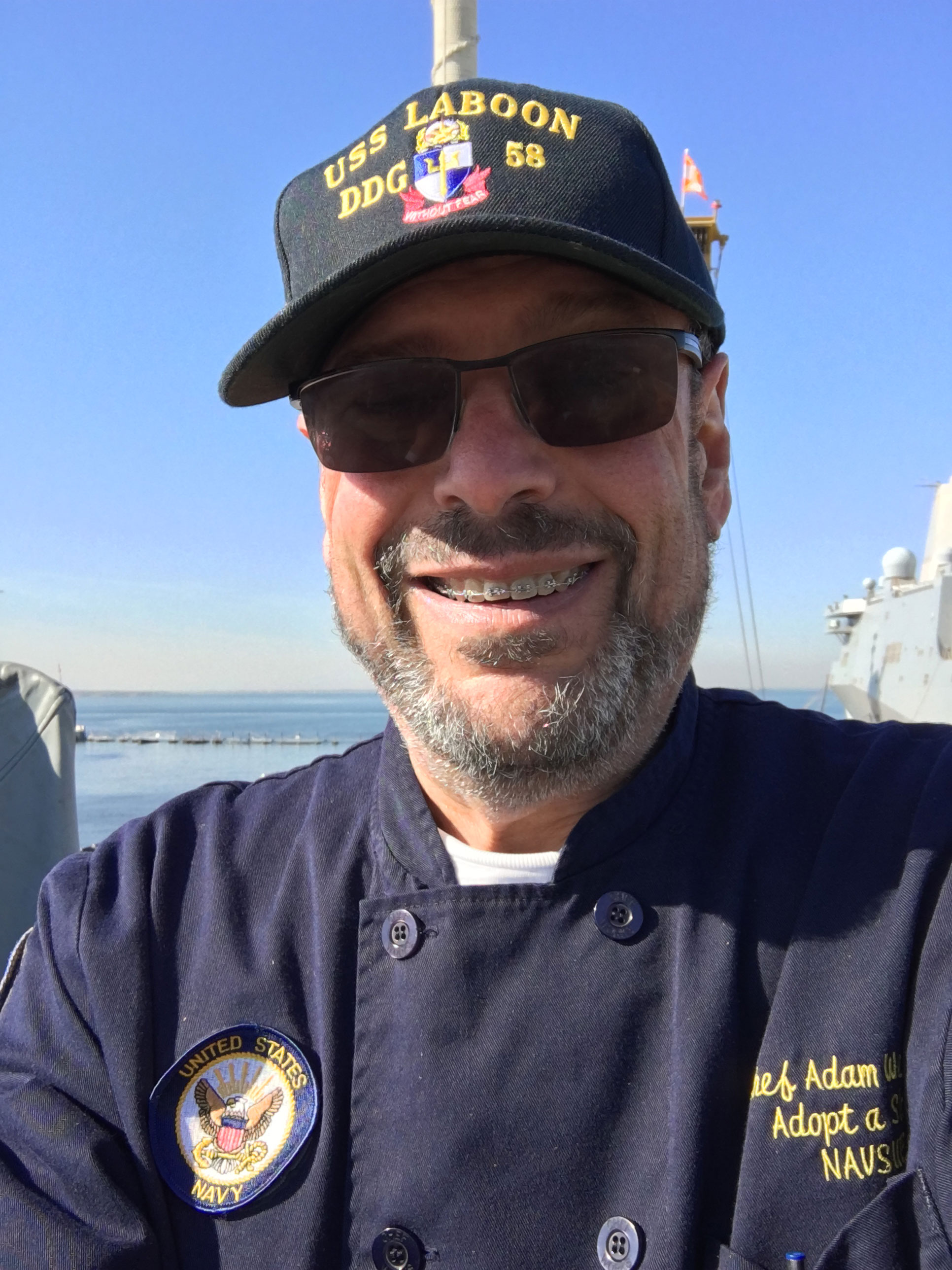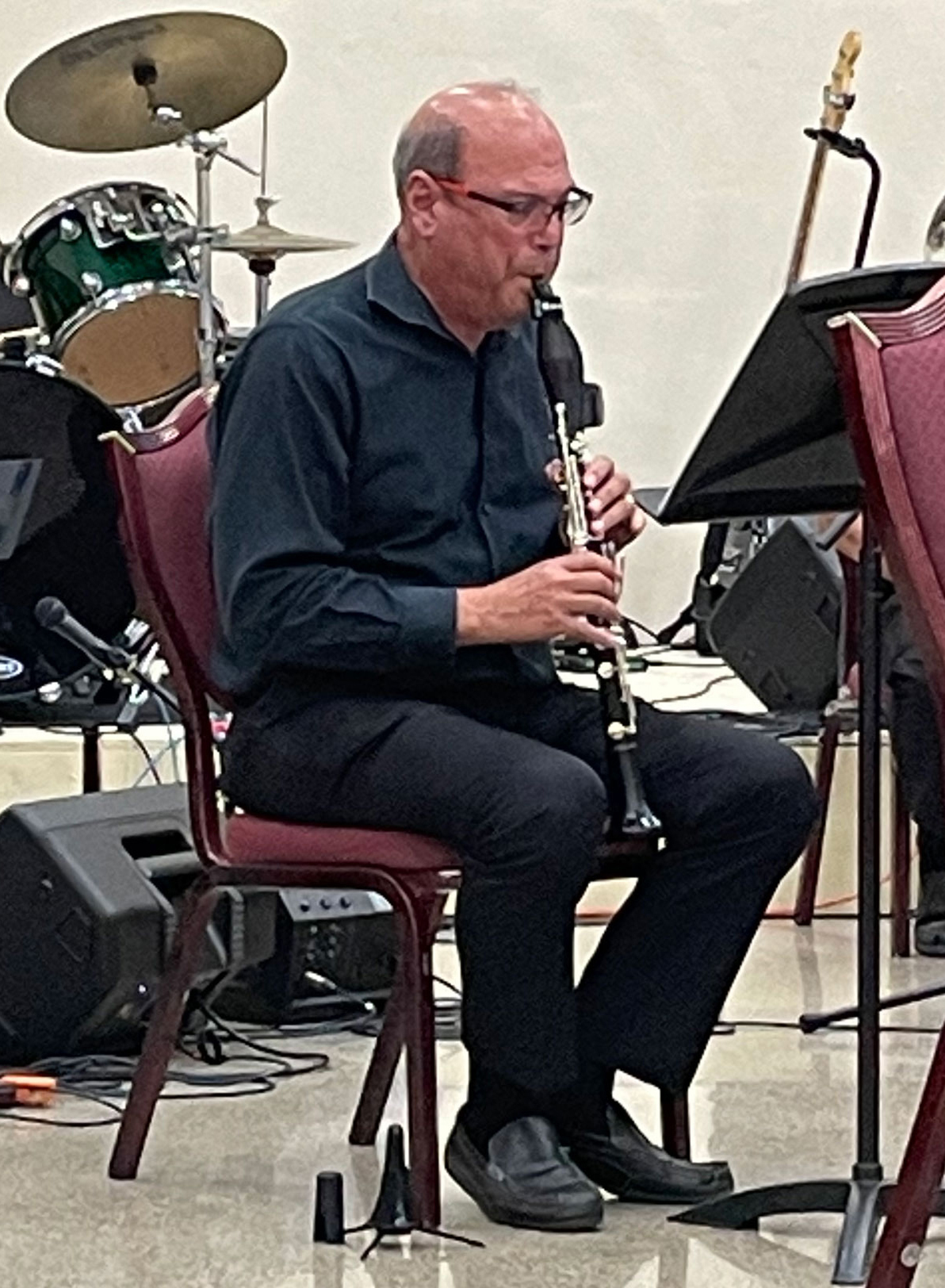
Teach and Mentor Students to be Open to and Prepared for Life’s Changes
03 August 2023Setting students up with what they need to succeed in life is far more valuable than any culinary technical skill you will teach them.
By Adam Weiner, JD, CFSE
Feedback & comments: This email address is being protected from spambots. You need JavaScript enabled to view it.
 This is the second of a two-part article demonstrating through real-life experiences that culinary and hospitality instructors - from middle school, high school, vocational programs to culinary academies to university professors - need to teach their students how to succeed and flourish when change is thrust upon them. In other words, if you are not teaching them how to succeed with life changes, then you are not setting them up for what they will need to succeed in life. Of course, this is also a good lesson for the teachers, instructors, chefs and professors as well.
This is the second of a two-part article demonstrating through real-life experiences that culinary and hospitality instructors - from middle school, high school, vocational programs to culinary academies to university professors - need to teach their students how to succeed and flourish when change is thrust upon them. In other words, if you are not teaching them how to succeed with life changes, then you are not setting them up for what they will need to succeed in life. Of course, this is also a good lesson for the teachers, instructors, chefs and professors as well.
In last month's article, I began the story of how I became a recognized culinary arts instructor after failing as a lawyer. The narrative left off with me starting a catering company, but not knowing the first thing about commercial food service, catering, or how to hold or use a knife. The rational thing to do would have been to go to culinary school. But, I had catering events starting within two weeks.
I contacted the local culinary academy and had them post a notice stating I was looking for a chef to help with events. Only one person contacted me and he got the position. I paid him well and he knew that part of his job was to teach me how to run a kitchen. When the business grew and I had multiple events on the same day, I hired another person who I met at a decorating and presentation seminar at the same culinary school. I am very proud of the fact both Chef Elihu and Chef Cheryl are still very good friends of mine.
The catering company grew. I was in Silicon Valley during the dot com boom. While doing that, I hired casual cooks and servers from a culinary training program. The thrust of the program was to take people from jail or prison, drug or alcohol recovery, former gang members, battered women, political refugees, etc. and give them a second chance by giving them job skills. As the dot com boom started to fade and my business was waning, I received a call from the program. The chef instructor there was leaving because they announced the program’s restaurant would be closing. They had grants and donation contracts they had to fulfill and would I come in and teach the program for four months? I said yes.
The culinary program was designed so that the students read the textbook, watched a demonstration and then duplicated the demonstration. This was unsuccessful and the graduated students would be hired and fired a day later. I continued this unsuccessful plan for a month when the program head introduced me to, “Bridges Out of Poverty.” The book’s principle was you were dooming people to failure if you only taught them a job’s technical skills. You needed to teach them the rules (hidden and not hidden) of the working world. You had to teach them how to work and be successful.
After I read the book, I threw out the curriculum and switched to teaching work skills and in the process teaching them some cooking.
I also started using the Pygmalion Effect, which says if you expect high results and achievements from your students you will get them. I not only expected, I demanded high results from my students. And nearly every single time, the students exceeded my expectations.
With these two new (and radically different) philosophies for teaching a culinary program, my students exceeded their own and society’s expectations.
The public restaurant and school didn’t close. It stayed open for years until we lost our lease and we switched to another location where I taught for nearly 17 more years.
While teaching, several things happened. The program started getting recognition, first locally from the Sheriff and the Board of Supervisions, then from local Congress members, and from other culinary programs (which brought me on as a consultant) and even CAFÉ. CAFÉ asked me to write a few articles, and here you are reading number 149! CAFÉ’s President Mary Peterson also asked me to speak at many conferences and two of my most-treasured awards came from CAFÉ!
The United States Navy somehow noticed and I was asked to travel to various bases and ships at sea and help the Culinary Specialists do a better job. I went from Boston to Palau in the South Pacific and all points in between. I did this on a part-time basis for about 15 years.
My point in writing about these jobs is to show you and your students there is no telling where you will end up in life and what you will accomplish. Remember from last month's article, I wanted to be an admiralty attorney, but never got the chance? Now I was teaching CSs connected with the USS Constitution and destroyers and missile cruisers in the Pacific tropics.
I am proudest of a program I started with the first person I hired for my catering company, Chef Elihu. Chef Elihu began working with the County of San Mateo when my catering company closed. He became second in command of the County’s jail kitchens. One day he called to discuss creating a work furlough program between the culinary program, myself and the Sheriff. People would be sent from the jail each day to study with me. And I would help get them jobs with local restaurants when they were released. The program worked so well that we changed it and had me teaching inside the jail itself. The success of the program spread and there are now many jails around the country with similar programs.
There is one thing that gave me the greatest feeling of all when I was teaching in these programs: being contacted by a former student who would say, “Chef, I am now executive chef at (some local restaurant or hotel) and I can’t thank you enough for what you did for me. I need your help.” When I asked what I could do, I was told, “I need to hire more people and the best way I can pay you back is to pay it forward. Do you have any students for me?” It made me cry each time.
Several years ago, I left the culinary program (which changed its name to JobTrain) and began working at Flagship Culinary Services. They provided staffing for all the Facebook kitchens and I was director of training and development. Taking on this nationwide responsibility did not intimidate me, what did was working at Facebook. I was notified of my orientation date and was told to make sure I had the username and password for my Facebook account because my work account would be a subaccount. I didn’t have a Facebook account! My daughter talked me through setting one up over the phone and to this day I have never looked at it.
The position was terrific and I loved it. But Facebook started laying off people right after COVID and I was included in the first round in the Spring of 2022. I planned on retiring in early 2024, so at nearly 65 years old I was looking for another job. My life continued to change and I learned about rampant age discrimination. I decided to retire and try consulting.
Remember, the point of this narrative is that there is really no way to predict where you will end up and what you—or your students—will be doing months and years from now. And in true fashion, my story took another wild turn.
I played classical clarinet in high school and college and toured with an All-American Honor Band. As time when on and my family grew and the years flew by, I didn’t play much. I again took up playing the clarinet nine years ago. COVID lockdowns gave me more practice time. I joined the College of San Mateo Concert Band as well as the Kauai Island Orchestra and the Kauai Community College Band. In 2022 I played with six different groups in three states. I will have performed publicly 11 times in 2023 when this article is published, including four major solo performances.
I always wanted to write for the ACF and in the autumn of 2022, they asked my daughter and me to write a year’s worth of training articles based on sustainability and environmental standards. They would be similar to the 50 Minute Classroom stories we wrote for CAFÉ from September 2022 to April of this year but more in-depth. More unexpected changes and another chance to impact the world!
Why spend so much time writing about music, law, Facebook, or the ACF? Because, as I’ve mentioned in many of my previous articles, your job is not simply to teach people the culinary curriculum. The job of teachers, particularly vocational teachers is:
- teach
- mentor
- demonstrate
- support
- encourage
- mentor
 Your job is to teach your students to be productive and successful in whatever endeavors they choose or whatever endeavors life gives them.
Your job is to teach your students to be productive and successful in whatever endeavors they choose or whatever endeavors life gives them.
The world gives you changes as it will give your students. You need to make sure your students can handle these changes. That is far more valuable than any culinary technical skill you will teach them.
Next month I will retire from writing the 50 Minute Classroom for CAFÉ. My last published article will be an Index of all the pieces I’ve written. Look carefully at this index if you don’t know how to start teaching and mentoring your students on life skills. I hope you will find many articles to help. If you need more help, please reach out to me through This email address is being protected from spambots. You need JavaScript enabled to view it..
Adam Weiner, JD, CFSE, has been a culinary instructor in the San Francisco Bay Area for more than 18 years.
